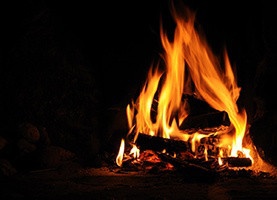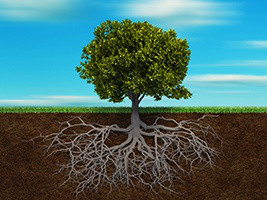 Whether it’s a camping adventure, gathering around a backyard fire for s’mores, or to keep you warm on a chilly evening – a bonfire can be a great way to enjoy the outdoors with family and friends!
Whether it’s a camping adventure, gathering around a backyard fire for s’mores, or to keep you warm on a chilly evening – a bonfire can be a great way to enjoy the outdoors with family and friends!
Unfortunately, bonfire mishaps send thousands of people to the emergency room each year – and in the wrong conditions or without safety precautions, a backyard bonfire can quickly cause significant property damage.
Before you start roasting marshmallows and enjoying the campfire, consider these safety tips from the National Fire Protection Association:
- Before starting the fire, make sure it is permitted in the area you live in. Are there any city ordinances as to what you can burn and the type of fire pit you can burn it in? Check with your local fire department.
- Start the fire 25 feet away from a structure or anything that can burn. Clearing away dry leaves, brush, and overhanging low branches in shrubs is advised.
- Avoid burning on dry, windy days. It is easier for the fire to spread and get out of control when the conditions are not favorable.
- Keeping the fire small will make it easier to control. If the fire gets out of hand, it is easier to put out a small fire than a larger one. Understand what you are able to handle when you are starting a fire.
- Watch children and pets while the fire is burning and keep them from standing too close to the fire. There are many different fire pit options so choose one with your children or pets in mind.
- Always have a bucket of water, a garden hose, or shovel and dirt ready to put out the fire. And make sure it is completely out before you leave the area where you are burning.
If you do get burned, treat the burn right away by running cool water over the area for 3 to 5 minutes and then covering it with a clean, dry cloth. Seek further medical attention if needed.
Should there be a mishap at your backyard bonfire, will you be covered? It depends on your insurance policy. Generally, a homeowners policy would cover property damage to your home caused by a bonfire on your property that got out of hand. If someone gets injured by a bonfire on your property, your homeowners policy would be the first to act, but a personal umbrella policycould help provide additional coverage. Talk with your insurance advisor to understand how your coverage would respond to a bonfire mishap.
When you decide to start a bonfire, remember these tips to make sure you’re in control of what you are burning. And don’t forget to bring the marshmallows!




